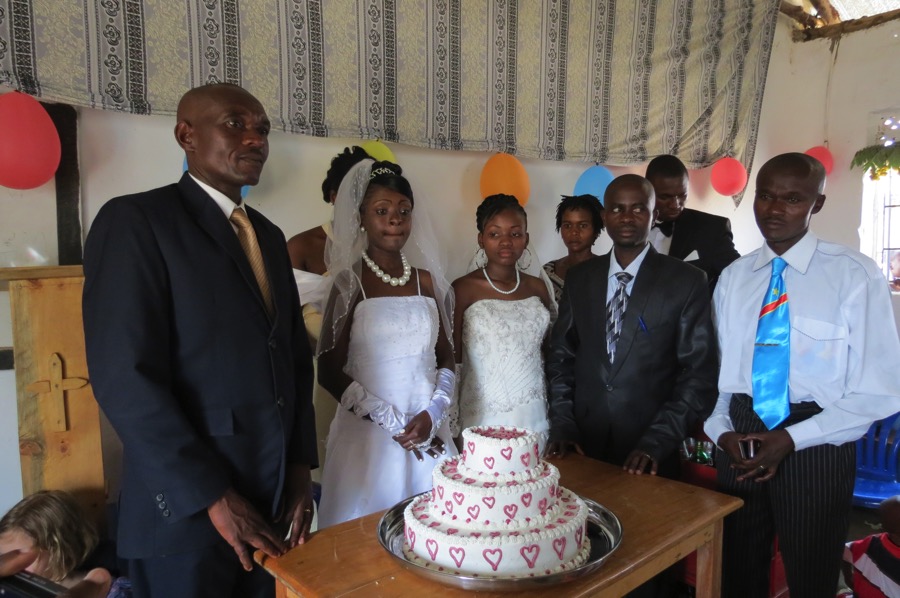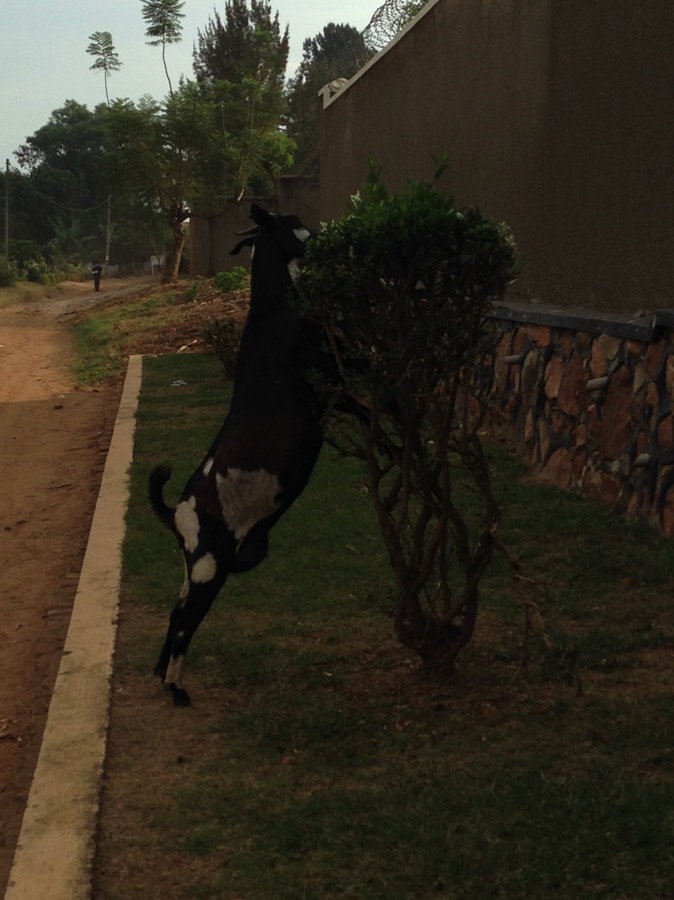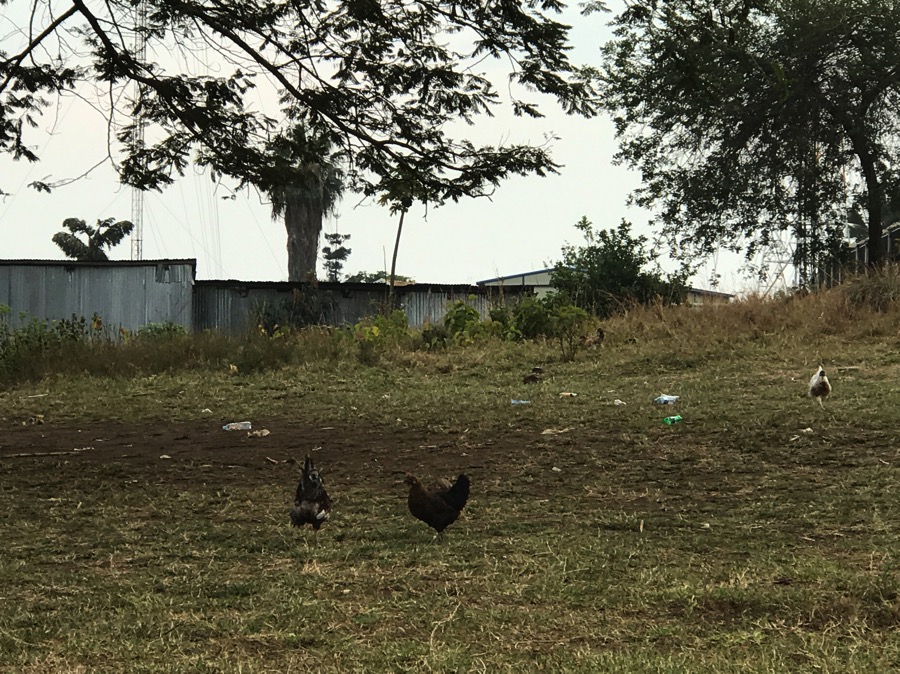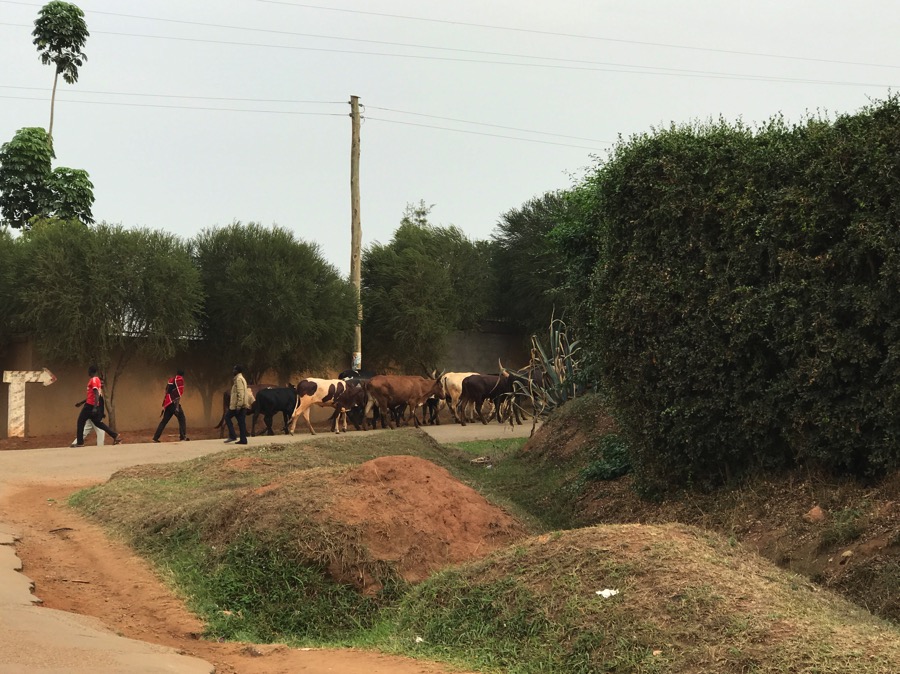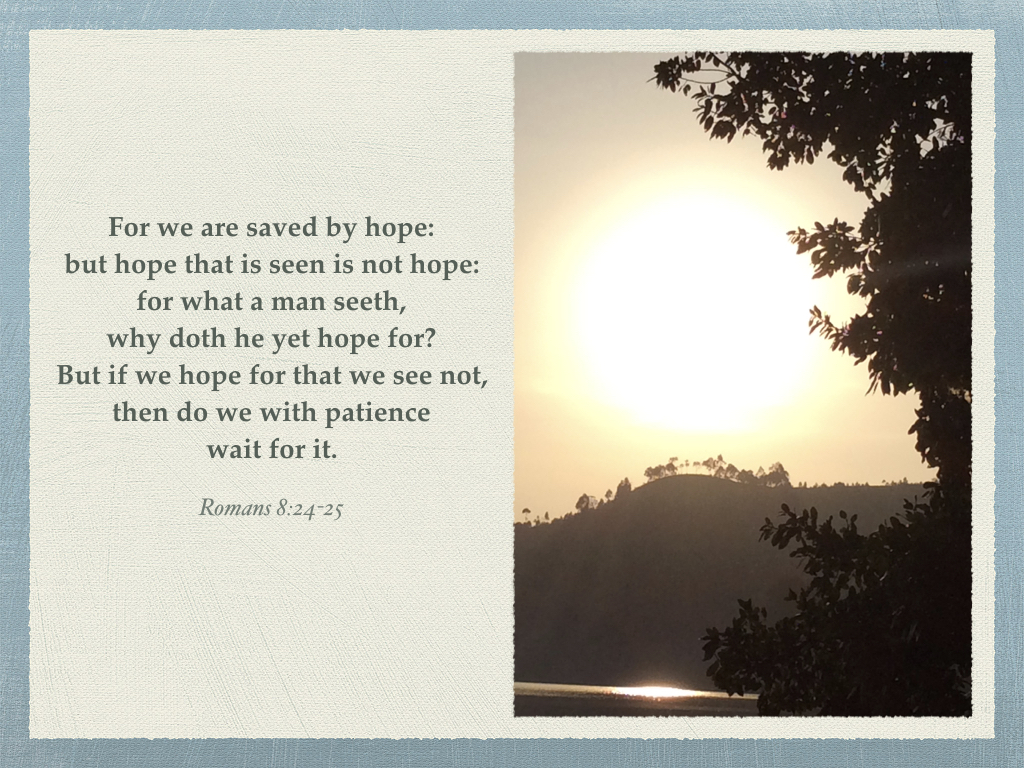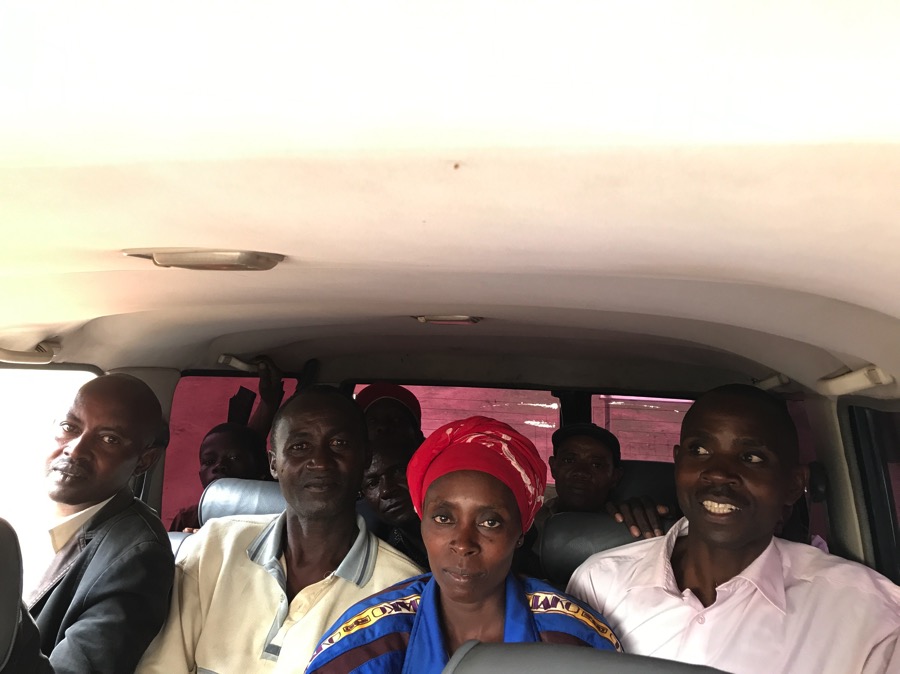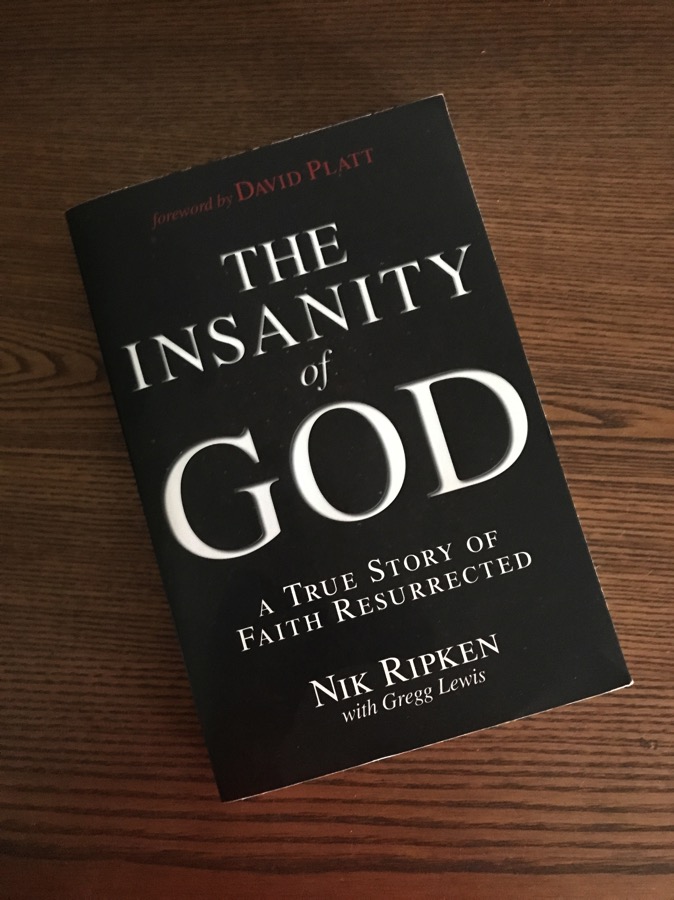Chinese food — American Chinese food — is comfort food. There almost isn’t a time when it doesn’t sound good to me. I could eat it several times a week and not get tired of it.
So imagine my surprise and horror when I arrived in Uganda and discovered…there was no Chinese food!!! Sure, you can get Chinese food in Kampala, but that is over 4 hours away and we go there less than once a year.
Thankfully, we’d prepared ahead. I’m kind of a cookbook junky. We’d found a fantastic Chinese cookbook called Enjoy Chinese Cuisine. I’d practiced several of the recipes in it. The only caveat is that it’s quite time consuming to prepare our favorite dishes. Still, when you think about it and crave it all the time, it’s worth taking the time to fix that special food you enjoy.
One of my favorites is String Bean Chicken from Panda Express. It’s also one of the faster ones to prepare. We’ve found ways to adapt it using the ingredients we can get here. The family loves it. Tonight I made a 7 quart pot of just the string beans and chicken (2 kilos) and it was all gone. They might have licked the pan. 8 cups of rice was also devoured by these ravening hoards.
This recipe is one I found online years ago but I’ve tweaked until it tastes the way we like it. I’ll note my changes in parentheses and in a note at the end.

String Bean Chicken
- 2 T soy sauce or liquid aminos (I use 3-4 T)
- 2 tsp rice wine (I use 3-4 T vinegar)
- 1 tsp sesame oil
- 2 tsp corn starch
- 1 tsp sugar (optional)
- 2 T vegetable oil (I use coconut or palm oil)
- 1 cup onion chopped or sliced
- 2 T minced garlic
- 1 tsp black bean sauce (optional; I prefer it without)
- 12 oz. green beans, fresh or frozen
- 1 pound cooked, sliced chicken breasts
- 1/4 cup water
Saute the onion, garlic, and green beans in the oil until tender. Add the soy sauce, rice wine, and sugar. Mix the corn starch in the water until dissolved and pour over the other ingredients. Heat until thickened. Toss in the cooked chicken pieces and toss to coat with the sauce. Add the sesame oil before serving over rice.
Note: I prefer to add more water than it calls for. I usually add equal parts water, vinegar, and soy sauce so we have plenty of liquid to put over the rice. You can also use boneless skinless thigh pieces and it tastes good. (I prefer dark meat.)














